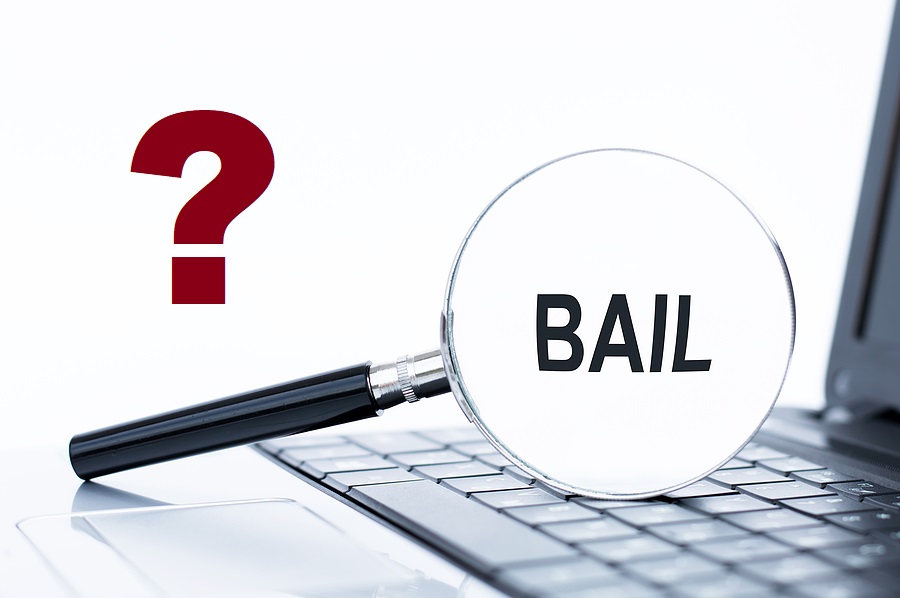Are you looking for an inmate in Indiana? Whether you’ve got a friend or family member who’s been incarcerated, or you just need to find someone for a legal matter, it can be hard to track down the right information. Fortunately, there are resources available that can help make the process easier.
In this blog post, we’ll discuss how to use an inmate locator and other inmate lookup sources to locate arrestees in Indiana and get other important details about them. We’ll also provide tips on how to work with a bail bond company if needed. With these tools at your disposal, finding an inmate in Indiana will be much simpler than before!

Top Options for Locating an Inmate in Indiana
Inmate Locator Portal
One of the most effective ways to locate an inmate in Indiana is with an inmate locator tool. These tools, typically provided by state-run correctional facilities and law enforcement agencies, can be used to search for inmates by name or ID number and receive detailed information on their location, charges, release date, etc. The results usually include a mugshot photo of the inmate, a map of the prison facility they’re being held at and other useful pieces of information.
Online Inmate Searches
Another way to find out about an inmate’s whereabouts is through an online inmate search service. These services allow you to quickly look up prisoners located in any jail or prison across the country – not just those in Indiana. You’ll gain access to important data such as current incarceration status, contact information, mugshots, and more.
Bail Bondsmen
If you’re looking to get an inmate out of jail or provide bail money for their release, then a reliable bail bond company can be your best bet. These companies typically have vast knowledge of the local legal system and will use their resources to ensure that the process runs as smoothly as possible. They may also be able to provide advice on how to best handle the situation.
The Bottom Line
In summary, if you need to locate inmates in Indiana or research any other important details about them, then an inmate locator tool or online inmate search service can be very helpful. Additionally, a trusted bail bond company can provide assistance with getting someone released from prison quickly and efficiently. With these tools in your arsenal, you can make the process of finding inmates in Indiana much easier.
How to Get Your Friend Out of Jail Fast
If you have a friend who is in jail and needs to be released quickly, an Indianapolis bail bond company may be the answer. A bail bondsman is a licensed professional who can help you get your friend out of jail by posting bail on their behalf. Bail bonds are used as a guarantee that the person will show up for their court appearances and if they fail to appear, the bondsman will be responsible for paying the full bail amount.
By using a bail bond agent, you can get your friend released faster than if you were to post the full bail amount yourself. It’s important to remember that bail bond companies charge a fee for their services, which is usually a percentage of the total bail amount. However, the cost of using a bail bond company is often worth it to get your friend out of jail quickly and with less stress.
Bail Bond Fees
One of the most important considerations when paying for a bail bond is the fee, which is typically a percentage of the total bail amount. This fee is nonrefundable and can be paid in cash or through financing options, such as credit cards or payment plans. It’s important to carefully consider all options before choosing how to pay for a bail bond, as it can have significant financial implications.
Do you need help getting someone out of jail in Northern, Central, or Southern Indiana? Look no further! Contact Woods Bail Bonds at 317-876-9600 for 24 hour bail bond services in Indianapolis, Indiana you can trust. We also offer prearranged bail bond service for arrest warrants.
Related Posts:
Understanding Bail Bond Terminology: A Guide for Clients
How to Do a Free Inmate Search in Indianapolis
Useful Links for Indiana Inmate Searches









